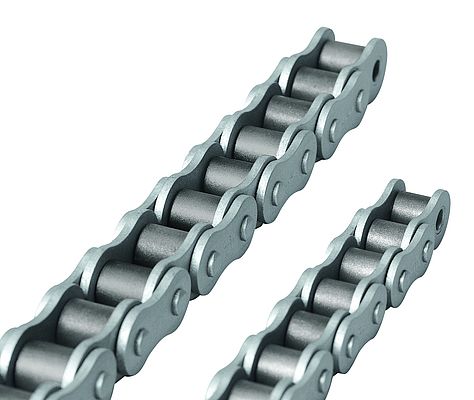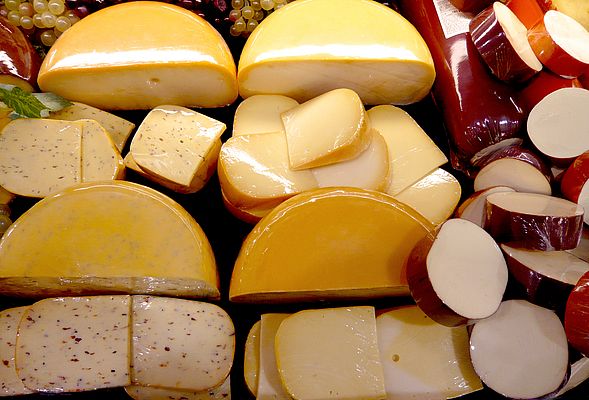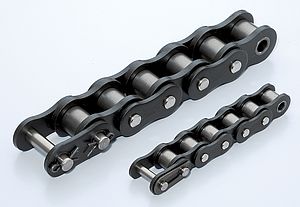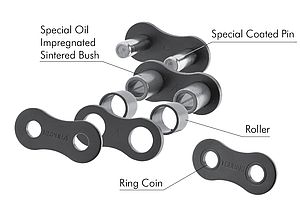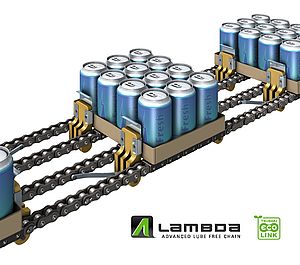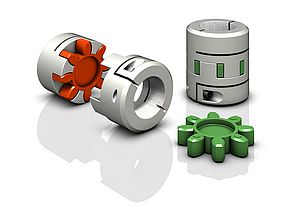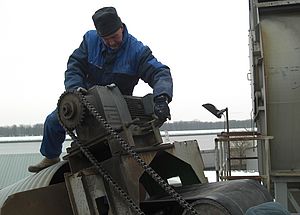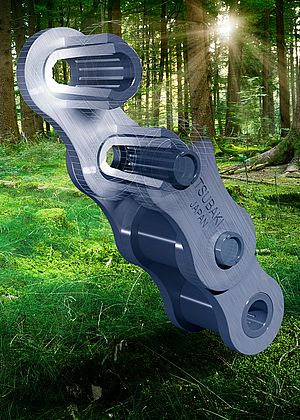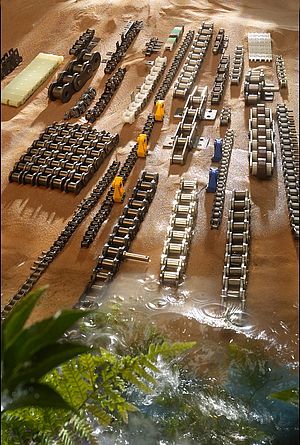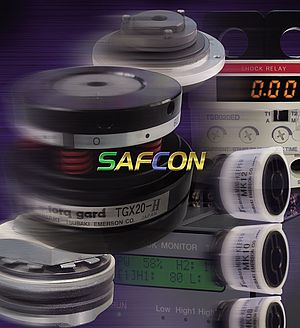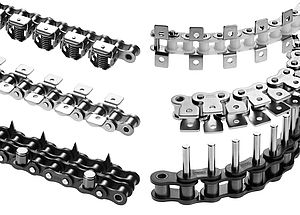When the chains of a cheese conveyor system proofed to unable to keep up with heightened production the cheese manufacturer needed an upgraded solution and found it in a carbon steel based chain with a special surface treatment
When the demand for your product increases, it is desirable to be able to increase production levels to meet customer requirements; hopefully without significant increases in production costs. This requires the usual increase in raw materials; however, it is also important to ensure that the production equipment is able to accommodate the heightened productivity. For a cheese manufacturer in France, a small oversight could have been avoided if expert advice had been taken sooner.
The demand for a particular cheese product had been on the increase for a few years and the existing production process was able to meet demand. However, in order to continue satisfying the orders, it was necessary to increase the size of the individual cheese rounds from 60kg up to 90kg. While all of the production processes could be modified to accommodate this change, the conveyor system used to transport the cheese rounds was overlooked.
Increasing the loading on a roller conveyor by 50% places a huge demand on the chain drive system and in this case it was too much. After just a few months of this increased production output, the conveyor chain broke, which led to unnecessary loss of production. While a direct replacement chain was installed in the short term, the cheese manufacturer contacted Tsubaki, one of the leading manufacturers of premium quality chain products, to provide a long term, reliable, solution.
The initial site investigation established the failure mode of the chain, which became apparent when the production history was revealed. It also highlighted the need for regular wash down procedures, which meant that the new chain specification would have to include excellent corrosion protection. The proposal from Tsubaki was to use New Environmental Plating (N.E.P.) chain which would offer increased load capacity against stainless steel chain while still providing the necessary resistance to corrosion.
N.E.P. chain retains the same strength as carbon steel chain, but, in addition, has undergone a special surface treatment process. The link plates, bushes and bearing pins of the chain have a special three-stage coating applied in order to provide the maximum protection from the operating or environmental conditions. In addition, the chain rollers have a special coating designed to resist corrosive conditions and the severe dynamic contact between roller and sprocket.
The chain is also suitable for use in environments exposed to seawater, acid-rain and other adverse weather conditions. It does not contain any chemically hazardous substances as regulated by RoHS√. The kilowatt ratings are the same as those of the corresponding BS chain with a working temperature range: -10°C to +150°C. Above +60°C special high-temperature lubrication is required.
Once installed, the Tsubaki product has continued to provide reliable service, enabling the cheese production to continue unhindered. The annual maintenance shutdown at the factory allowed the chain to be inspected, with no signs of wear due to corrosion or loading to be found.
Surface Treated Chain
Keeps the Cheese Rounds Rolling
- by Tsubakimoto Europe BV
- October 29, 2014
- 542 views


